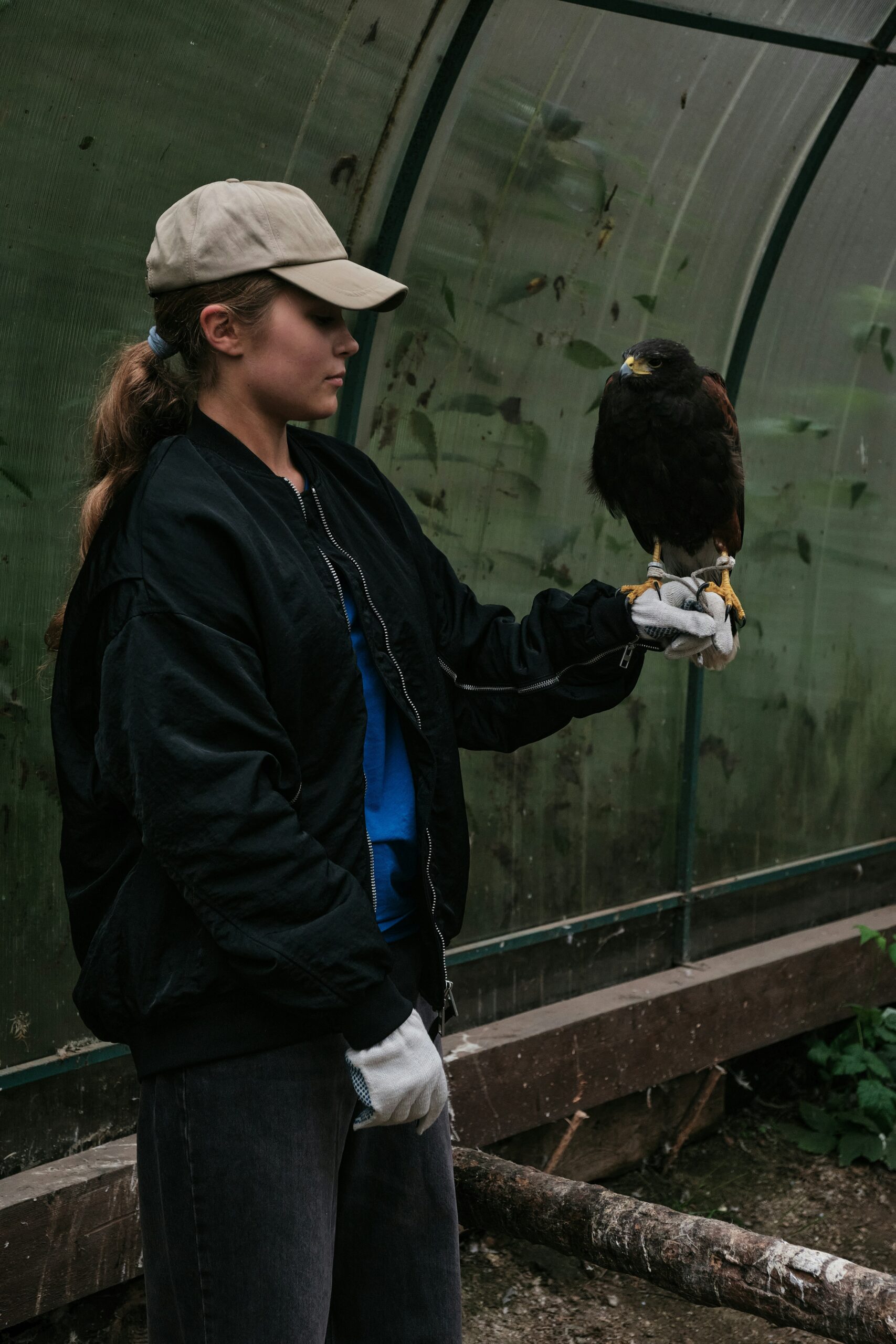
In an interconnected world where every living being plays a role in the delicate balance of ecosystems, the humane treatment of animals is not just a moral obligation but also a cornerstone of sustainable coexistence. Animals, whether wild or domestic, are sentient beings capable of feeling pain, joy, and fear. Despite this, countless species continue to suffer from neglect, exploitation, and cruelty. Championing animal welfare requires societal commitment, policy changes, and individual actions, all grounded in empathy and respect for the creatures that share our planet.
Understanding the Moral Responsibility
The moral responsibility to treat animals humanely stems from the intrinsic value of life. Animals are not commodities but beings with the right to exist free from unnecessary suffering. Scientific studies have demonstrated that animals possess complex emotional and cognitive abilities, challenging outdated notions that they are mere automatons. From a dog’s wagging tail to the intricate social structures of elephants, the emotional lives of animals underline the importance of treating them with dignity.
As humans, our advanced intellect places us in a position of stewardship. This role demands that we protect the vulnerable, including animals, from harm. Compassion towards animals reflects the values of kindness and respect, which are foundational to any progressive society.
The Reality of Animal Suffering
Despite the growing awareness of animal rights, many industries continue to exploit animals for profit. Factory farming, for instance, is a significant contributor to animal suffering. In such environments, animals are confined to small, overcrowded spaces, often deprived of sunlight, fresh air, and the ability to express natural behaviors. This industrialized approach prioritizes efficiency over ethics, leading to widespread abuse and neglect.
Similarly, wildlife trafficking, poaching, and habitat destruction pose grave threats to wild animals. Exotic species are captured and sold as pets, while others are killed for their fur, ivory, or other body parts. These practices not only harm individual animals but also jeopardize entire ecosystems. Zoos and circuses, although sometimes intended for education or entertainment, can also contribute to the mistreatment of animals when their welfare is not prioritized.
Legal Protections and Policy Gaps
The fight for animal welfare has made strides in recent decades, with many countries enacting laws to protect animals from cruelty. In the United States, the Animal Welfare Act and the Endangered Species Act are examples of legislative efforts to safeguard animals. However, these laws often fall short of addressing systemic issues. For instance, farm animals, which represent the majority of domesticated animals, are frequently excluded from legal protection.
Similarly, enforcement of animal welfare laws remains inconsistent. Weak penalties for violators, loopholes in regulations, and inadequate resources for enforcement agencies hinder progress. Addressing these gaps requires stronger policies and increased funding for organizations dedicated to animal protection.
The Role of Education in Promoting Humane Treatment
Education is a powerful tool in fostering compassion for animals. By teaching children and adults about the importance of animal welfare, we can cultivate a culture that values empathy and ethical responsibility. Schools, community programs, and media campaigns can highlight the sentience of animals and the impact of human actions on their well-being.
Furthermore, education can debunk myths and misconceptions that perpetuate cruelty. For example, understanding the natural behavior of animals can discourage practices like chaining dogs for long periods or keeping birds in tiny cages. When people recognize the emotional and physical needs of animals, they are more likely to adopt humane practices.
Supporting Ethical Alternatives
Advocating for animal welfare does not mean abandoning traditions or industries but rather seeking ethical alternatives that minimize harm. The rise of plant-based diets, for instance, offers a sustainable solution to the environmental and ethical issues associated with factory farming. Companies are also investing in lab-grown meat and cruelty-free products, signaling a shift towards more humane practices.
In the entertainment industry, technological advancements have made it possible to create lifelike animations, reducing the need for live animals in films and shows. Sanctuaries and wildlife reserves, when managed responsibly, provide safe havens for animals that cannot survive in the wild, offering ethical alternatives to traditional zoos.
Individual Actions and Collective Impact
While systemic changes are essential, individual actions also play a crucial role in championing animal welfare. Simple steps like adopting pets from shelters, supporting ethical brands, and volunteering at animal rescue organizations can make a significant difference. Being an informed consumer and advocating for stronger animal protection laws amplifies the impact of these efforts.
Public pressure can influence corporations and governments to adopt humane practices. For instance, widespread demand for cage-free eggs has prompted many companies to shift towards more ethical farming methods. This demonstrates the power of collective action in driving change.
A Vision for the Future
The journey towards humane treatment of animals is ongoing, requiring persistent effort and unwavering commitment. A world that prioritizes animal welfare is one where compassion is woven into the fabric of society. Such a world benefits not only animals but also humans, fostering a sense of interconnectedness and harmony.
As we move forward, let us embrace a vision where empathy guides our actions, policies reflect our values and every living being is treated with the respect they deserve. By championing animal welfare, we affirm our humanity and take a significant step towards a more just and compassionate world.